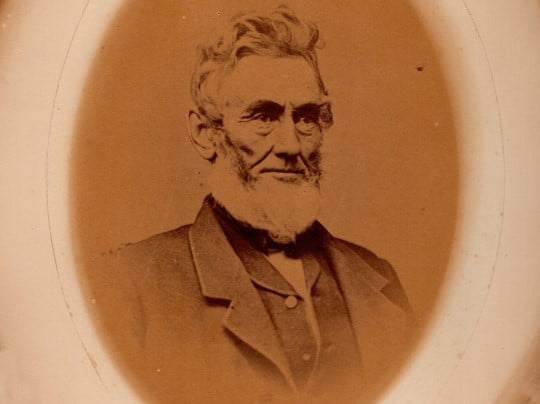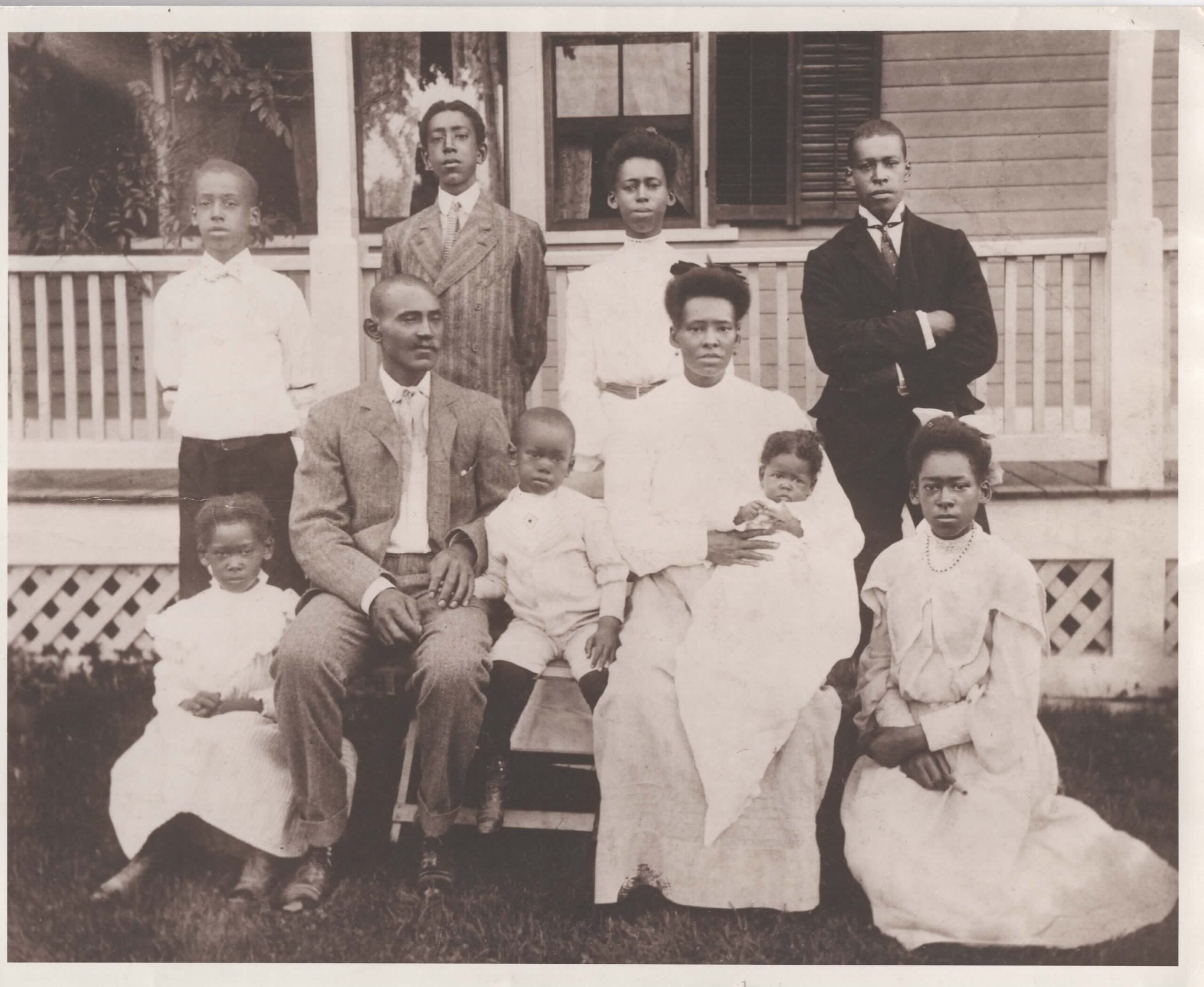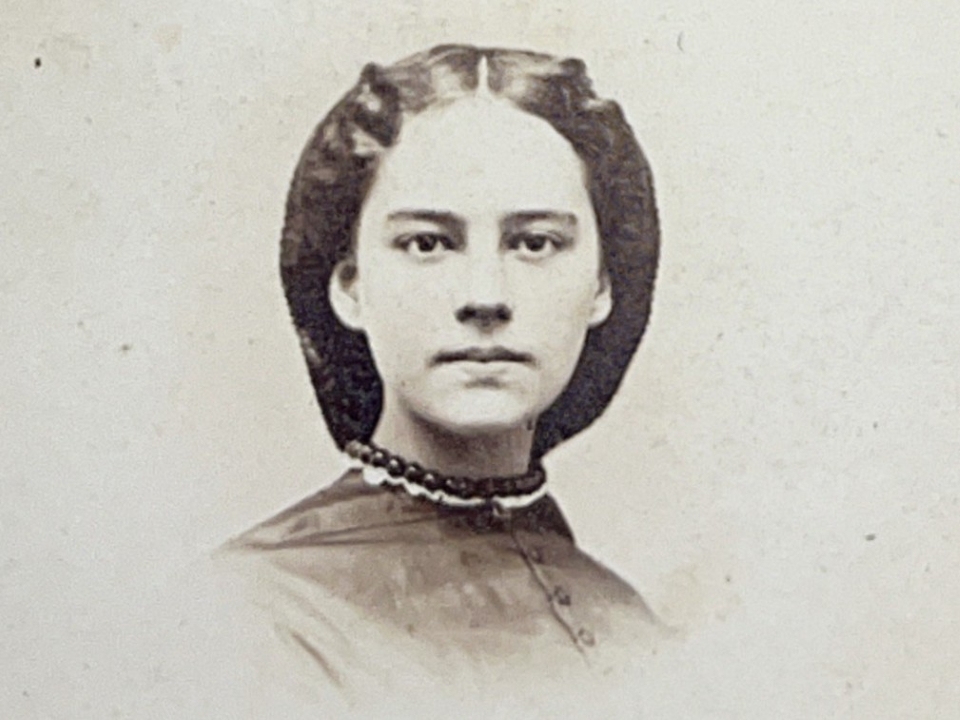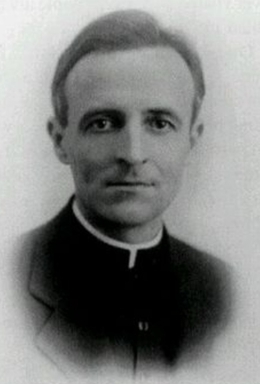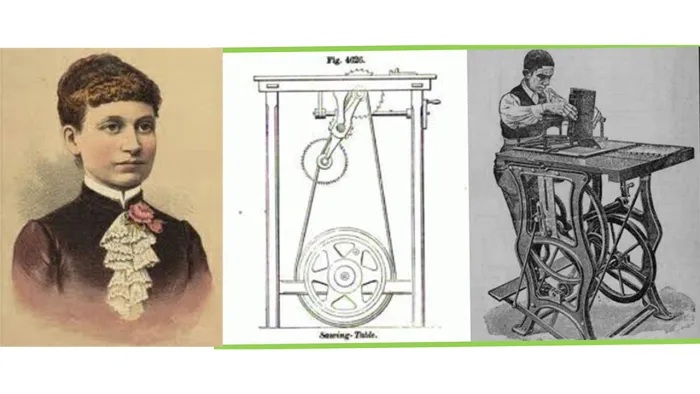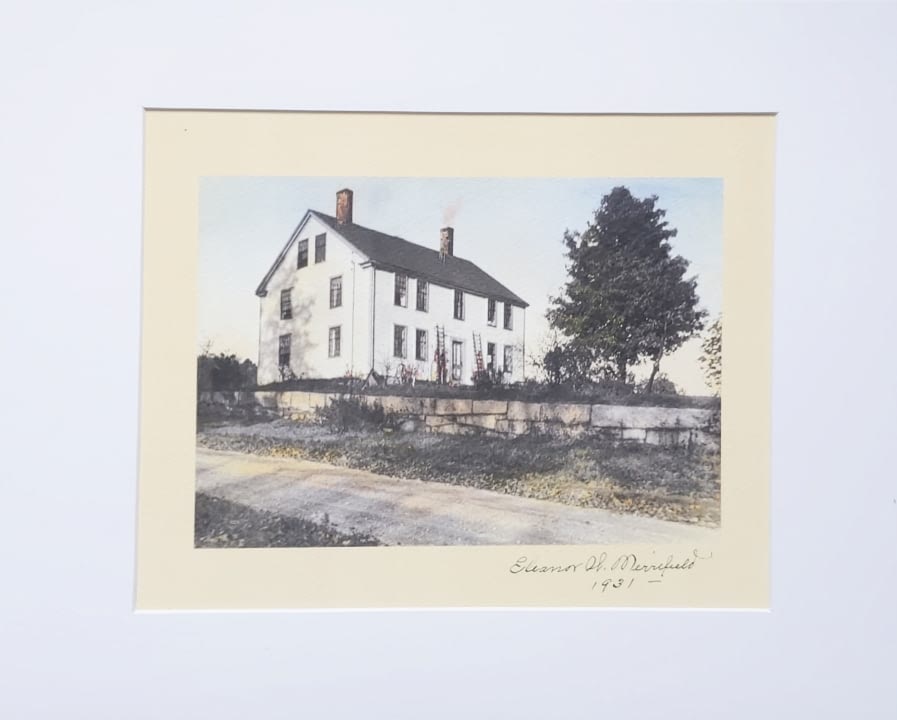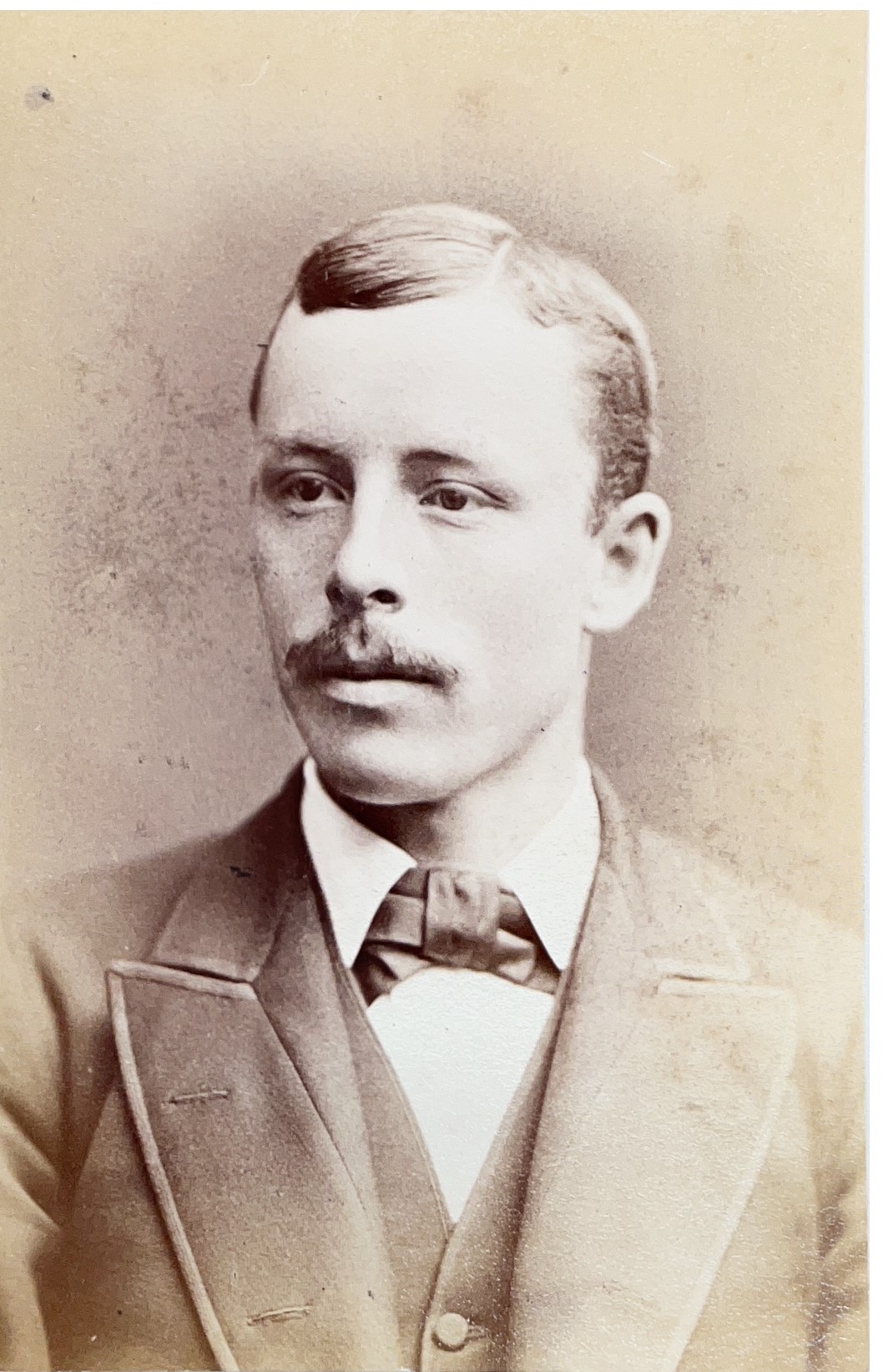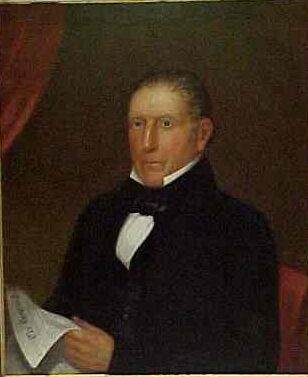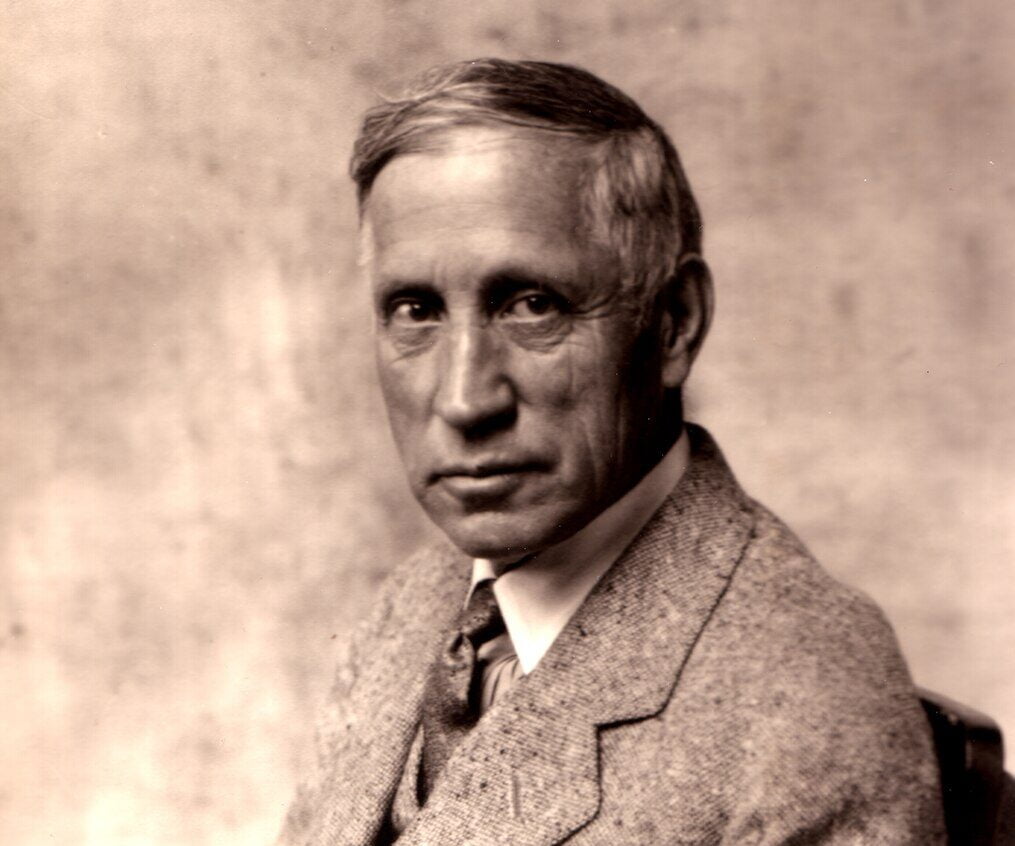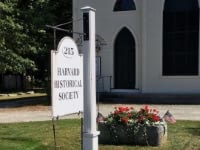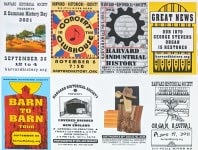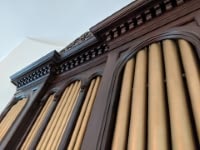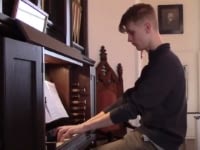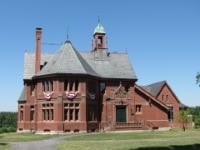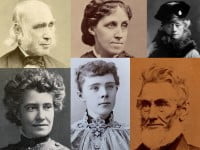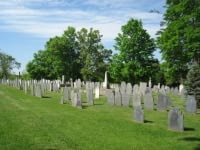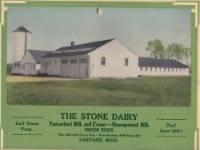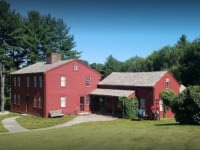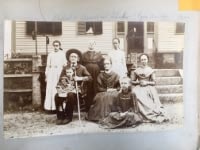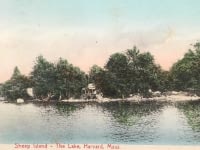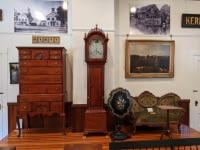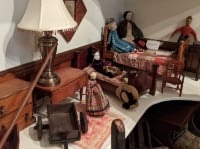William Bowles Willard
1801 - 1891In 1870, William Bowles Willard (1801-1891), lifelong resident of Still River, donated a pipe organ to the Still River Baptist Society. With that gift, he helped to enrich the community that surrounded him. Willard’s roots to this community were stronger than those of a single man. The seed had been planted and nurtured by five generations of Willards that preceded him.
Major Simon Willard (1605-1676) was the first of his prolific new-world genealogical tree, emigrating to the colonies from Kent, England, around 1634. He married three times and fathered 17 children. He is a key historical figure in Massachusetts, considered instrumental in the founding of Concord and many surrounding towns. The town fathers of Lancaster invited him to take up residence there, which he did in 1660. In 1672, he moved to Groton. The mansion he built there, named Nonacoicus Farm, was destroyed in 1676, when Nipmuc warriors raided Groton. He served as the chief military officer for Middlesex County and, according to historian Henry Nourse, “if the vote by which he was year after year elected Assistant may testify, the most popular magistrate in the colony.” At the outbreak of King Philip’s war, the Major, then 70 years of age, took command of the Middlesex soldiers.
Simon Willard’s fourth son, Henry (1655-1701), settled on his father’s land in Still River around 1687. According to a 1692 listing of Lancaster garrisons, he and his sons were a part of the eighth Lancaster garrison. Henry had nine sons, most of whom remained in the Harvard and Lancaster areas. Henry’s mother, Mary Dunster, was the third wife of Simon Willard and niece to Henry Dunster, the first president of Harvard College, who was forced to relinquish that position due to the openness of his sympathy to Baptist doctrine. Through this connection, according to Henry Nourse in “History of the Town of Harvard,” “It is alleged, and it is not an unreasonable supposition that Henry Willard and his sons, the first settlers at Still River, imbibed Baptist theological views from his mother.”
The Willard family was well represented in the early days of the Harvard Baptist Society and remained active and influential over the years. Each new generation brought marriages to other prominent local families, and by 1891 the fact that most of the choir was connected with the family of William Bowles Willard is understandable, for at that time, it seems that a good number of the families in and around Still River had some connection to the Willard family tree.
William Bowles Willard, a direct descendant of Major Simon Willard, was born in 1802. In 1832 he married Abiah Woods Harrod (1802-1862), daughter of Captain Noah and Eusebia (Kendall) Harrod. Their union was a prime example of the intertwining of prominent Harvard families. They had seven children together, six of whom lived to adulthood. After Abiah’s death, William married Mrs. Maria (Paige) Gibson in 1863. She died four months later, and in 1864 he married Esther D. Metcalf.
William’s mother, Eleanor Bowles, had been the sole surviving member of a large Harvard family. Her father, Deacon William Bowles, her mother, and 13 siblings all died of consumption, today called tuberculosis. William’s father, Abel Willard, was great grandson to Henry Willard.
If sympathy to Baptist doctrine did, in fact, begin with Henry Willard, his great-great grandson carried on the family tradition with honor. Bowles, as he was commonly called, or Uncle Bowles by those more familiar, was a pillar to the Still River Baptist Society, serving as its clerk for 57 years. He was a successful farmer in Still River and, having ample means, was a generous benefactor for the Society and its missions. He contributed money to pay a large portion of the annual running expenses and helped to fund repairs, renovations, and additions to the church. He also contributed generously to charitable societies of his denomination, especially those connected with educating freed slaves in the South. The pipe organ he donated was a valued and significant gift. The organ was built by George Stevens, a master craftsman and respected Boston organ-builder.
Prior to this time, the beloved choir had been accompanied by a small organ whose sound would have paled in comparison to the grand, richly toned pipe organs that had been installed in other local churches. Installing the massive organ, however, required major alterations to the rear of the church and the loss of a great window that overlooked the valley. It is possible, if not probable, that Bowles Willard funded these alterations as well. The fact that Bowles and the Society were willing to go to such great lengths and expense speaks, once again, to the importance placed on the choir.
Dedication of the organ was noted in the Saturday, March 18, 1870, edition of the Clinton Courant: “The ‘seraphine’ in the Baptist church of Still River has at last given way to a modern Organ, generously given the society by Wm. B. Willard, Esq. Its value is estimated at some $1200 or $1400. It was to be dedicated last (Friday) evening by an Organ concert. Rev. Wm. Leach is acting pastor of the church.” With its dedication, the organ became officially woven into the fabric of the Still River Baptist community. At Sunday services, it provided the solemn melodies of worship and reflection. On occasions such as the marriage of Charlotte Willard, it sounded the sweet melodies of joy, hope, and new beginnings. On more somber occasions, such as the funeral of William Bowles Willard himself, it sounded the bittersweet melodies of grief, sorrow, and loss.
Bowles Willard helped to support the Baptist Society even after his death, bequeathing a healthy sum of $1,000. His widow, Esther, left another $500.
The Willard story is ongoing. Descendants of William Bowles Willard are present and prominent members of our community still, as are members of the Harrod family. The descendants of Major Simon Willard are spread throughout the country and are so numerous as to have their own Willard Family Association.

